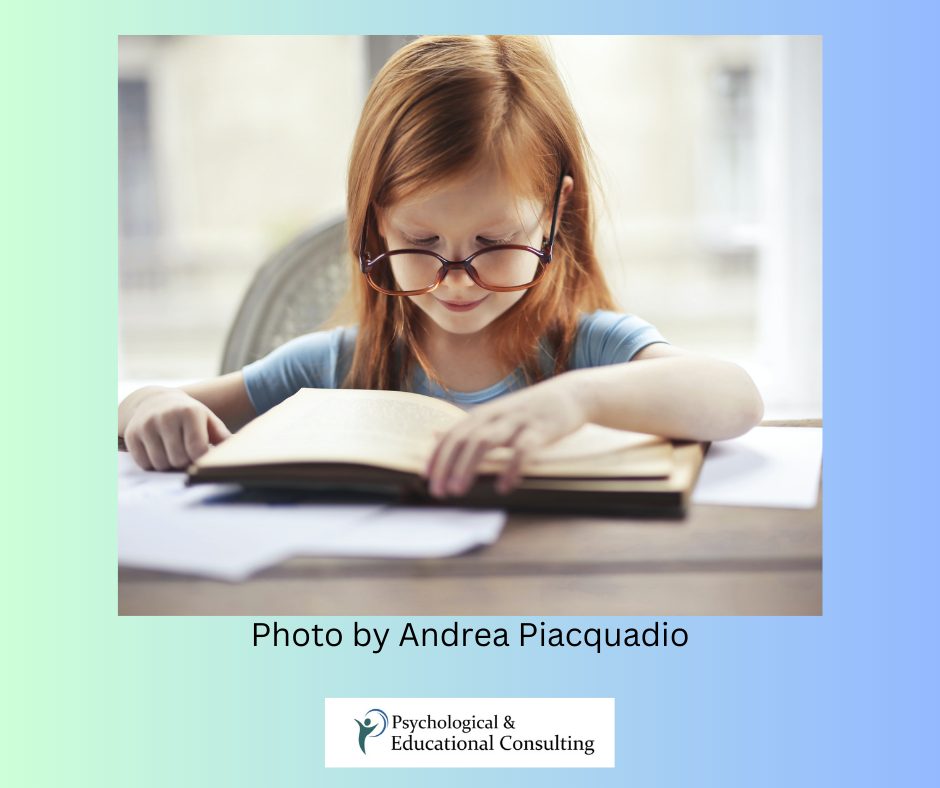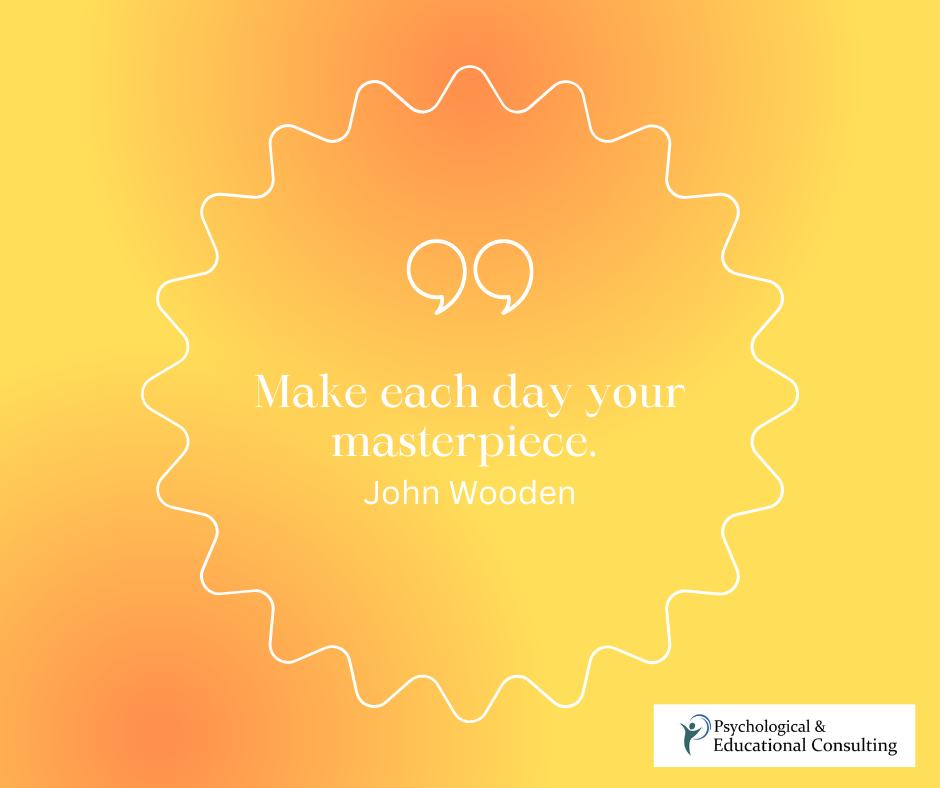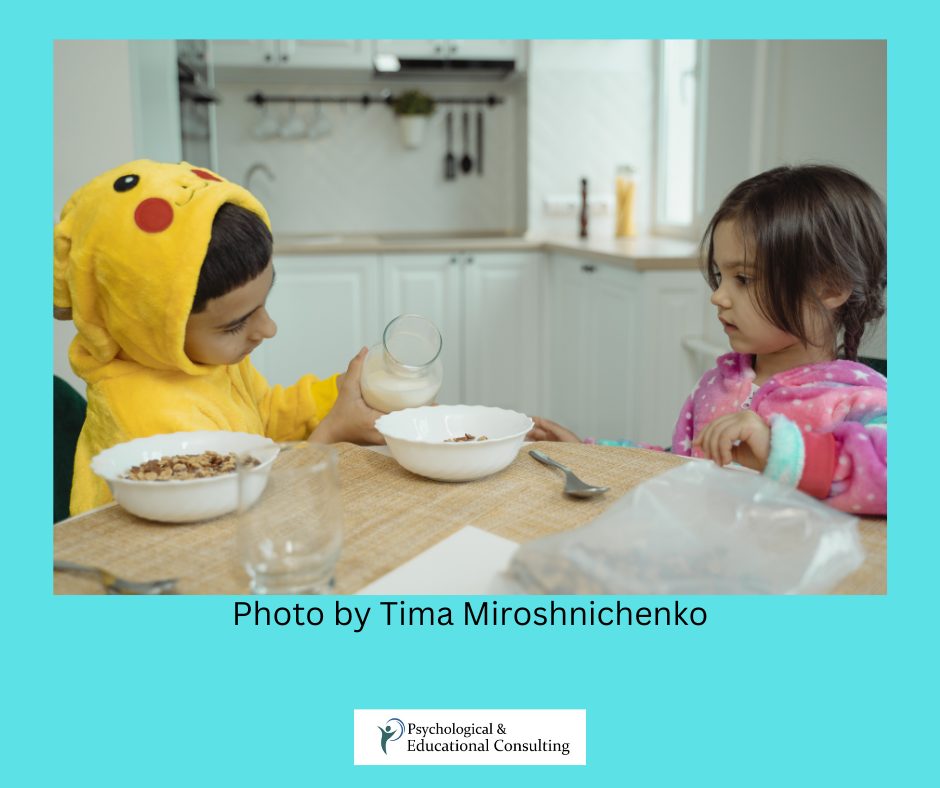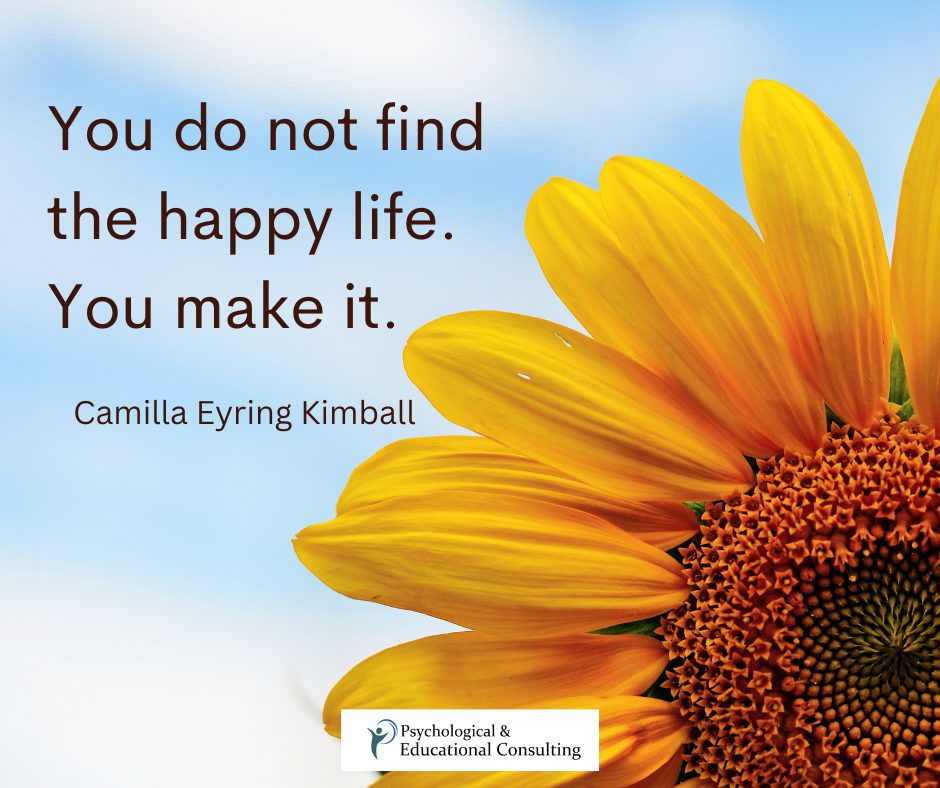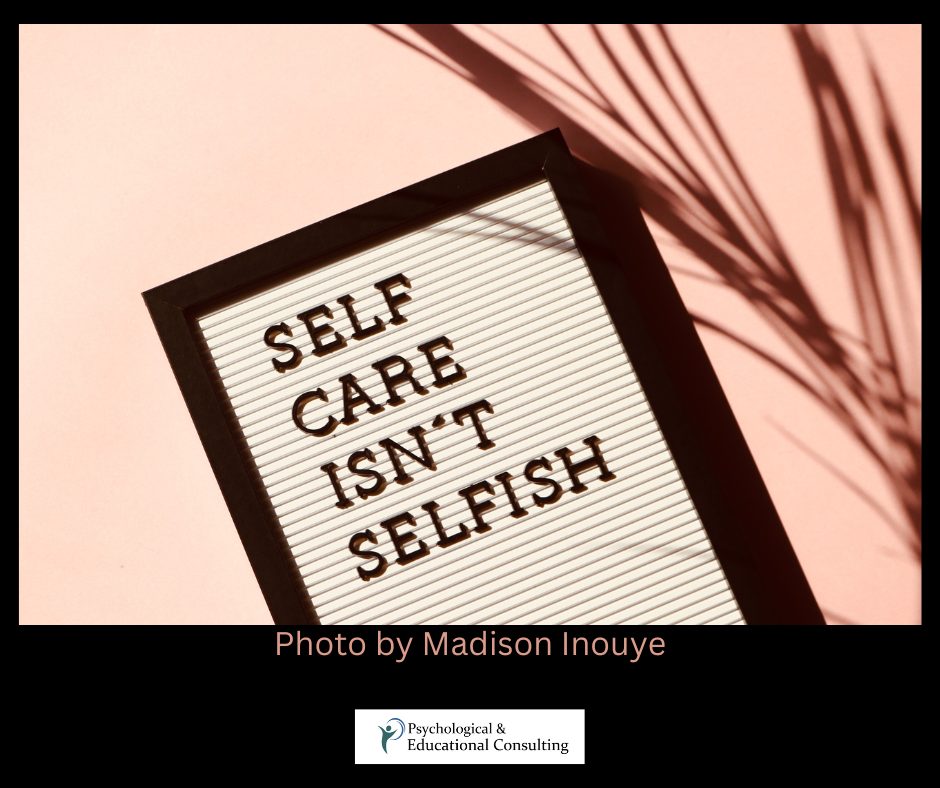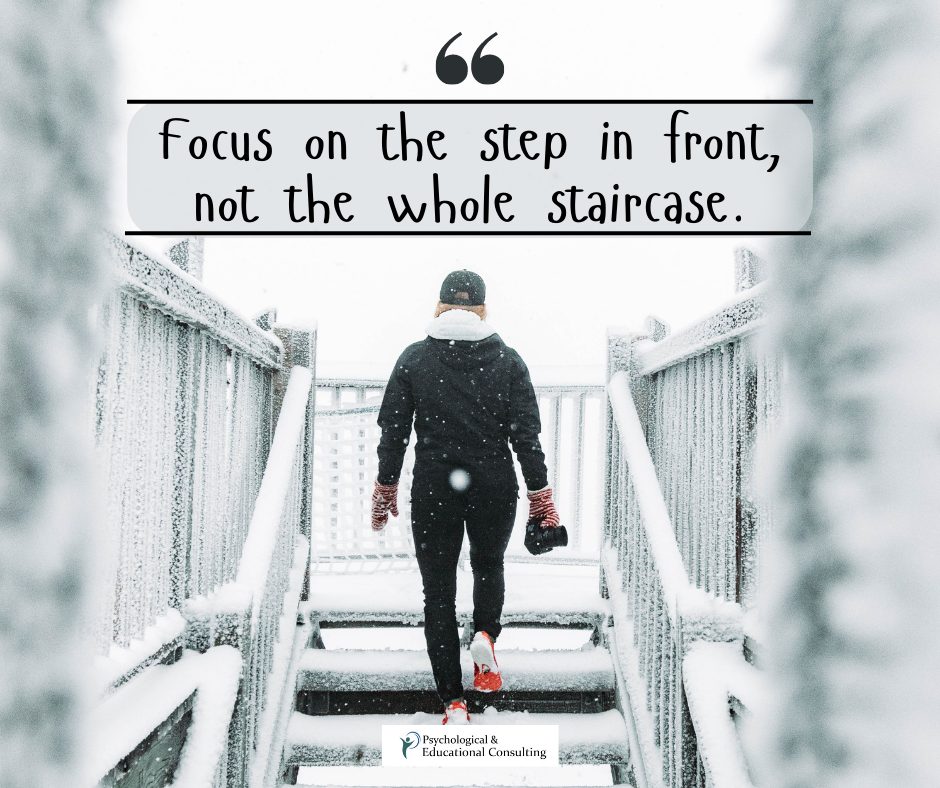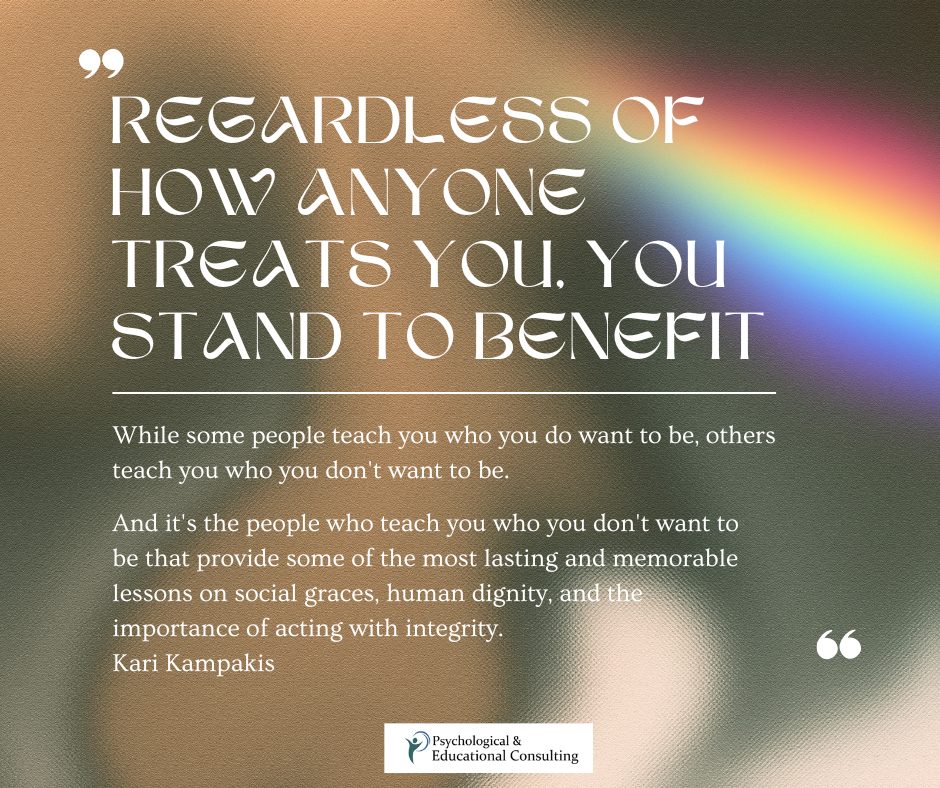Self-Care
posted on Active Minds
Self-Care is not selfish. You must pour into your own cup before you can pour into others.
Self-care and Mental Health
Ideally, we all engage in regular self-care in which we do the things that make us feel taken care of mentally, physically, and emotionally. But this doesn’t always happen, and we may need to stop and take the time to remind ourselves we are important, too.
Sometimes our feelings become too much and we need to distract ourselves until we are better able to cope. We can also strategically change how we are feeling when things become too overwhelming.
What is Self-Care?
Self-care is important to maintaining a healthy relationship with yourself. It means doing things to take care of our minds, bodies, and souls by engaging in activities that promote well-being and reduce stress. Doing so enhances our ability to live fully, vibrantly, and effectively. The practice of self-care also reminds both you and others that your needs are valid and a priority.
Examples of Self-Care
- Clean
- Cook or bake
- Cross something off your to-do list
- Exercise
- Get a massage
- Go for a walk
- Listen to music or a podcast
- Make art
- Meditation
- Mindfulness exercises
- Play a game
- Practice deep breathing
- Read
- Take a bath
- Take a (timed) nap
- Watch TV or a movie
- Yoga
distraction as a strategy
Why Should I Distract Myself?
Activities are a great way for us to distract ourselves from our current emotions until we are better able to cope. When our level of distress is too high, we may not be able to effectively handle a situation and need ways to bring our emotional state down. Some suggestions may seem similar to self-care, but distraction activities serve a different purpose. One person’s self-care activity is another’s distraction technique.
Examples of Distraction Activities
- Call a friend (and don’t talk about what’s causing you distress)
- Create something
- Describe your surroundings using your five senses
- Do a puzzle
- Do something kind for someone else
- Focus on a single task
- Go out to eat
- Go to an event
- Hold ice
- Listen to music or a podcast
- Make a list of things (cars, dog breeds, music artists, etc.)
- Take a hot or cold shower
- Try something new
- Volunteer
- Watch something funny
- Watch TV or a movie

